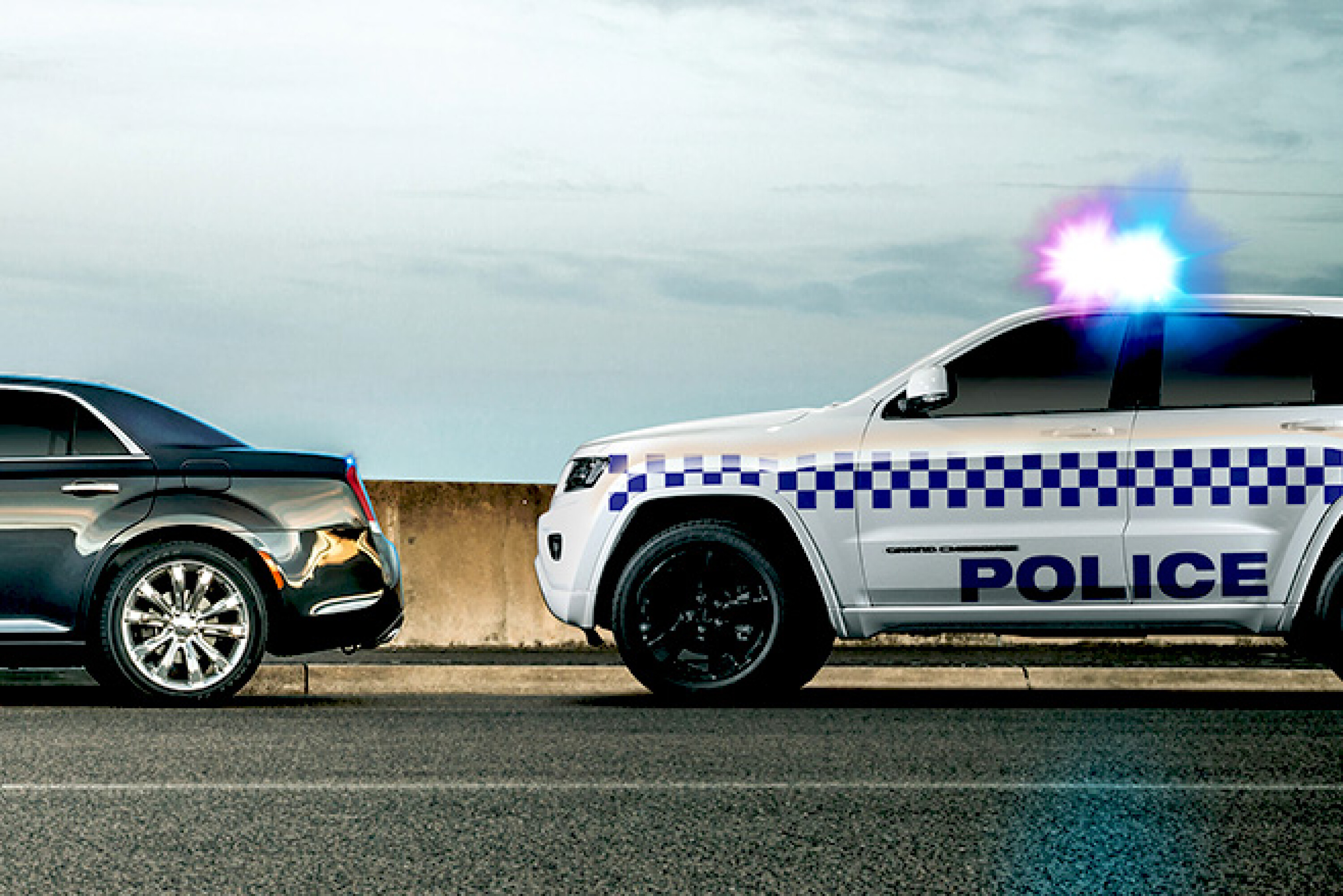
Motorists who are frequently exposed to content promoting or encouraging speeding – either on social media or in television shows, movies, or video games – are more likely to speed on the road, according to an Australian survey.
Key Points
- A study links exposure to fast-car content with a higher likelihood of speeding
- Half of surveyed motorists confessed to frequently exceeding the speed limit
- Further research is needed to discern if media content encourages speeding, or if speeders are more attuned to such content
The study, published in the Traffic Injury Prevention journal, found that ‘self-reported’ exposure to fast-car content was notably higher among individuals who admitted to speeding, compared to those who did not.
The implications of these findings could be significant for lawmakers, considering speeding is considered a major contributor to road accidents, injuries, and fatalities in Australia.
It also highlights the need to explore what influences make speeding seem socially acceptable.
The study surveyed 628 Queensland motorists (considered a statistically valid number), ranging in age from 17 to 88 years old.
Half of the participants confessed to exceeding the speed limit by more than 10 km/h at least 10% of the time while driving.
On average, participants estimated that they encountered content encouraging speeding in 29% of their social media usage, and 40% of mass media consumption.
In addition, participants believed their friends exceeded the speed limit 39% of the time.
Strikingly, self-reported exposure to speeding-related content across all these sources was significantly higher among speeding drivers than who regularly observe the speed limit.
The study’s results suggest a correlation between exposure to speeding-promoting content and actual speeding behavior. Of course, correlation is not causation, and the research acknowledged the need for further exploration.
It remains to be seen whether exposure to pro-speeding content actively stimulates a tendency to speed, or whether those prone to speeding are simply more inclined to seek out, notice, or remember such content.
A critical point the study highlighted was the need to evaluate the accuracy of individuals’ perceptions about how often they encounter pro-speeding content. The high levels of self-reported exposure raise questions about whether individuals with a predisposition for speeding are more sensitive to content that reinforces their existing attitudes or behaviors.
The study underscores the need for future research to explore the influence of online and mass media messaging on driving behavior. This could provide valuable insights into how our media consumption, social interactions, and exposure to certain attitudes or behaviors might influence real-world driving habits.



